By Damilola Fatunmise
Adebayo Salami, popularly known as Oga Bello, is a true Nollywood icon. With a career spanning an incredible 60 years and still going strong, he’s a household name in both English and Yoruba cinema. The father of fellow actor Femi Adebayo, Oga Bello is celebrating his six-decade-stage anniversary with a new film. This cinematic venture in collaboration with his son, Femi, and Filmone, is set for an upcoming premiere.
In this interview with Saturday Sun, Oga Bello reflects on his remarkable journey, his successes, and the evolving landscape of Nollywood.
Sir, your children have not only excelled academically but have also continued your trade, representing your legacy with distinction. What do you believe were the key factors in shaping their success and seamless integration into the business?
It’s God’s design. I never planned for any of my children to take after me in the acting profession. Regarding education, I’m very passionate about it because, unfortunately, I didn’t get support from my parents due to their level of exposure. I made up my mind that all my children must be educated. I did my best to ensure they all attained at least a first degree.
By the time I found myself as a polygamist, I had decided I wasn’t going to leave properties for any of my children—just two houses, one in Lagos and one in my hometown. If you find any money in my account, share it however you want. I’m passionate about education and the film industry, so I supported them too.
I knew Femi and his siblings were interested in the industry. Back then, they always wanted to follow me to rehearsals, but I would say no—except they had good academic results. That condition made them work hard in school, and here we are today, to the glory of God. I’m very happy and overwhelmed.
As for Femi, if I had known he would end up as a filmmaker, I probably wouldn’t have spent so much money on Law—maybe he would have studied Theatre Arts or something related instead.
What has kept you going for the past 60 years?
Nothing but the special grace of God.
How have you managed to stay relevant all these years?
Something I’ve always done is to move with the times. I don’t believe in being stagnant. We started on stage, then moved to video and television. I followed every step and made sure I did it well. I did travelling theatre too—from Kano to Warri, Kaduna, and Sokoto. I evolve.
When cinema became prominent, we transitioned because the audience accepted it more than stage performances. Anything I want to do, I learn it thoroughly before going into it. I once travelled to London for seminars and workshops on film production. I learned from France, too, and bought a lot of books on production. I learned the practical side from Adeyemi Afolayan (Adelove). I constantly evolve.
You can’t compare the old days of filmmaking with today’s style. I keep learning because that’s the only way to grow.
Has your age limited you in any way?
Not at all. I don’t accept just any role. If I know I’m not fit for a role, I’ll say no and give advice instead. I don’t jump on every script.
Has any past event left a lasting scar on you?
Yes. The death of my boss, Ojo Olanrewaju, and his wife—who passed seven years later—deeply affected me. When my boss died, he left a strong message for me to continue the profession. I was present when he passed, but I didn’t feel comfortable continuing because I didn’t think it would become my main source of income.
When I resigned from my job with Alhaji Femi Okunnu, where I worked as a personal assistant, he asked me to join his law chambers. I named my son Femi after him. Starting afresh was tough, but I had no choice. When my boss’s wife died seven years later, I wanted to quit the profession completely. But the late Dr. Hubert Ogunde called me and asked why I wanted to quit. He told me I had a future in the profession and prayed for me. He said the tougher the test, the higher the promotion. That message changed everything.
With the nature of your career, how did you create time for your family?
I love my children, and I always create time for them. My parents used to say, ‘L’aye ti okoko wa, obi omo ri’—as if in my previous life I never had children—because of how devoted I am to my kids.
What was your biggest breakthrough?
The stage play that brought me into the limelight was Omo Gbemiga, which I performed during my 50th anniversary. Another was Omo Oru Kan in 1987—it also gave me fame.
Do you plan to reintroduce your old movies to the younger generation?
Yes, very soon. With the help of my children, especially Femi, many of my classic movies will return.
For your 60th anniversary on stage, what should we expect?
My company, Femi’s company, and FilmOne Studios are collaborating on a movie that will premiere on June 29 and hit cinemas on July 4. I’m proud to say that I’m the first in my category to produce a large-scale movie.
What’s the title of the movie?
Her Excellency!
What should we expect from this movie?
When we marked my 50th, we did a stage performance with musical acts from veterans. But now, cinema is the trend. That’s what a filmmaker does. I wanted to celebrate my 60th with a cinema movie. Her Excellency is a remake of one of my old films, Agbara Obinrin. It’s a powerful setup, directed by Tope Adebayo and Adebayo Tijani, while I serve as the supervising director.
Who are the cast members?
Sola Sobowale leads and delivers a powerful performance. We also have Bimbo Ademoye, myself, Femi Adebayo, Yemi Solade, Lateef Adedimeji, Aisha Lawal, and Kiekie. It’s a star-studded film.
Can you reveal the budget for the movie?
Let’s just say it’s reasonable. I want to thank all the cast and crew. Many came to honour Oga Bello. Some even worked pro bono, while others asked to be paid whatever we could afford.
Where was the film shot?
We shot the entire film in Ilorin. The premiere is on June 29 at IMAX, Lekki, and it hits all cinemas on July 4. We hope people will come out to watch it. As you can see, I can’t dance to promote a movie. (Laughs) That’s Funke Akindele’s style—and it works for her!
Why did you choose Her Excellency, a woman-centred story?
Because the story is dear to my heart. I had to remake it. Whenever I write scripts, I research to ensure my stories carry strong family messages. This one also revolves around family but on a gubernatorial level. It shows that a wife can either support or destroy her husband. Women must be wise in how they support their spouses.
What’s your advice to aspiring actors coming into the industry for fame and not passion?
My advice is simple. You must have passion. You never know what challenges await you. Also, education first. There’s a saying, ‘We learn too late and die too soon.’ Learn early, apply it, be honest, and be prayerful.
Eventually, you will retire. What would you like to be remembered for?
I want to be remembered for all the meaningful messages I’ve conveyed through my movies.
What extra effort do you put into bringing your roles to life?
Acting is make-believe. When given a role, I sit and think deeply about how to interpret it. If it’s a wicked king, I research how wicked kings behave and draw from that.
How did you portray “Baba Oni Baba” in Funke Akindele’s Omo Ghetto?
I recalled someone from my area in Lagos Island—Brother Ayuba. I studied his mannerisms and infused that into the character with my style.
You’ve witnessed both the old and new Nollywood. How would you describe the industry now?
The industry is growing fast. It depends on how you adapt. Culture is dynamic. We now have more talent—technically and artistically. We’re making more money too. Things have changed positively.
Is this your first cinema project; should we expect more?
I’ve done cinema films before, not the old-style ones but recent ones. So yes, expect more as long as I’m alive.
What’s your beauty secret; you look very fresh and healthy?
I bathe, eat, pray, sleep on time, and eat amala, gbegiri, and ewedu. Most importantly, I give myself peace of mind.
Would you have allowed someone else to remake your film if not Femi?
I would still give it to one of my children—not just because they’re mine—but because Femi made the first move, and here we are.
Which of your other children are also in the film industry?
Tope Adebayo is an actor and director, Sodiq Adebayo is an actor and production manager, Rilwan Adebayo is an editor, Shola, Lara, and Akeem Adebayo also act—some part-time.
Many veterans struggle with health in old age. What advice do you have for younger actors?
Old age comes with challenges. Preparation is key. Sadly, in our society, many don’t plan. It’s something I advocate for. Pension plans work. Government workers have theirs deducted automatically. I encourage my colleagues and crew to register for HMOs. Now there’s more awareness.
Do you have plans to revive your School of Performing Arts?
It already exists. Femi has been running it for nearly 15 years.



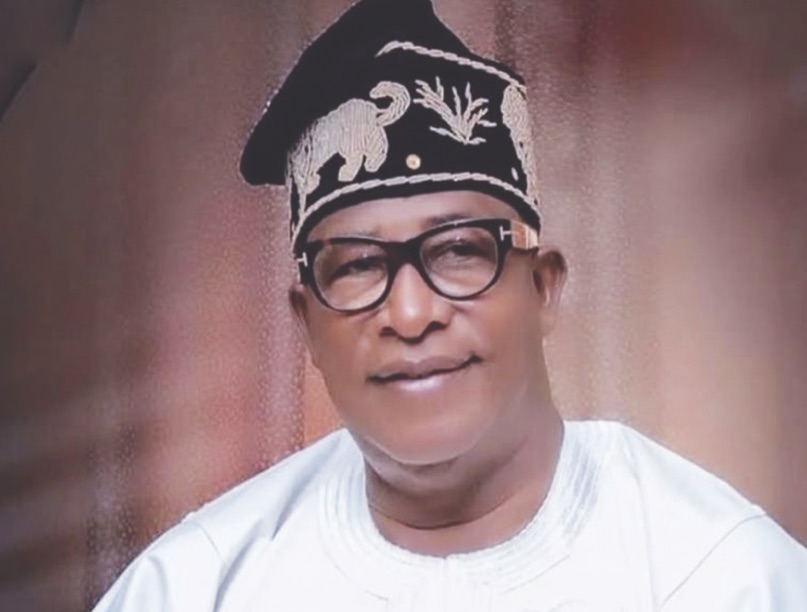

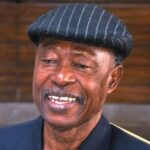
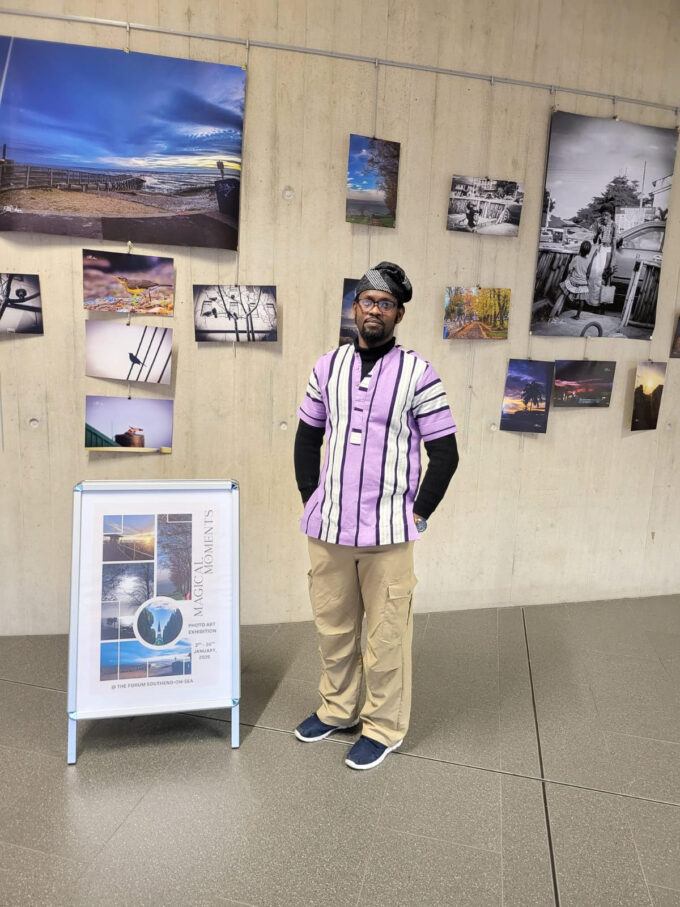
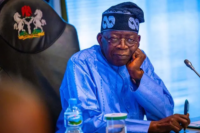

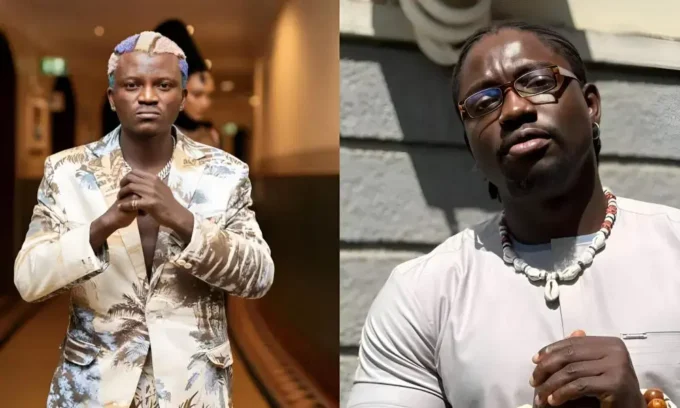
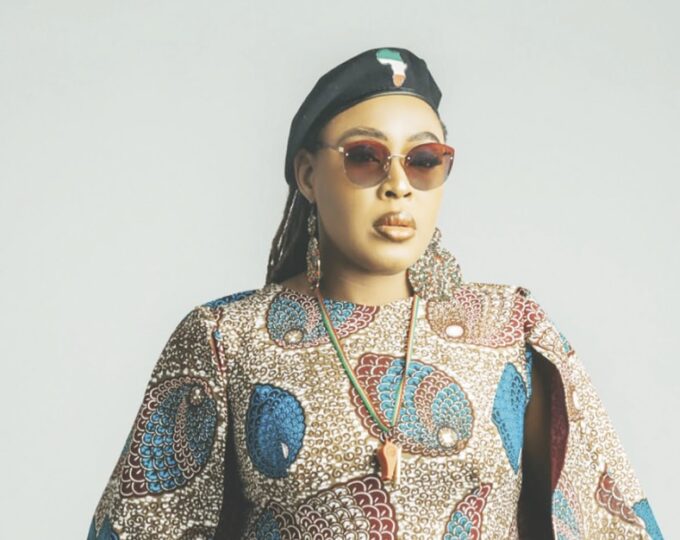
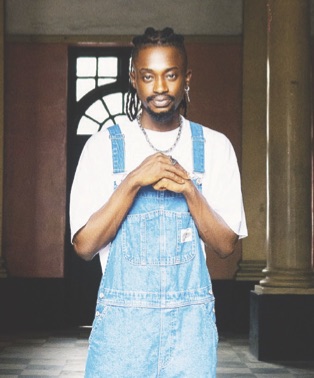
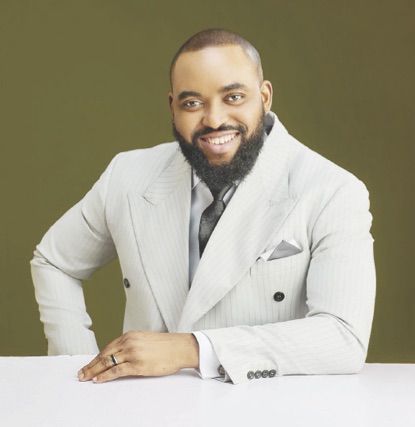





Leave a comment